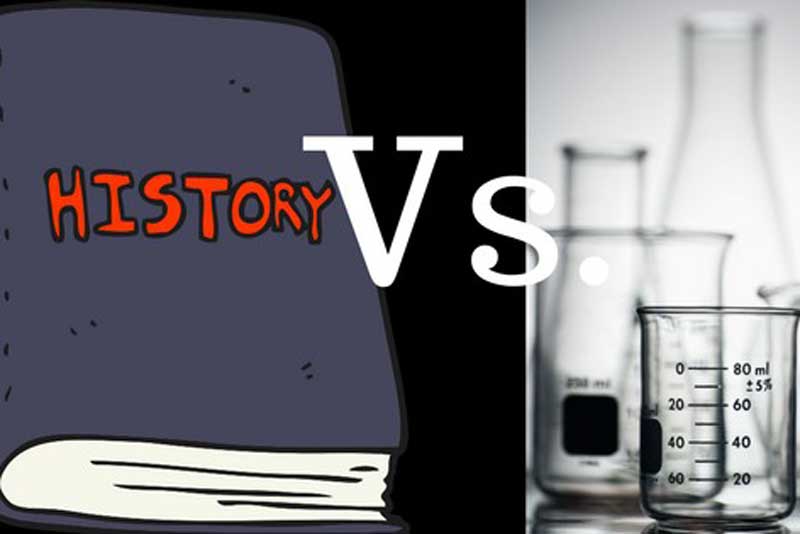×
The Standard e-Paper
Kenya’s Boldest Voice

Among the wonders of Kenya is the presence of education policymakers who thrive on disparaging and making thinking disciplines like history villains. The villainisation of history was an undertaking that the colonial establishment did quite well in order to destroy African identities and past. It is an instrument for mental enslavement and organised loss of identity. Thus, policymakers repeat colonial dicta on Africans, advise the young not to learn history, and still believe they make sense.